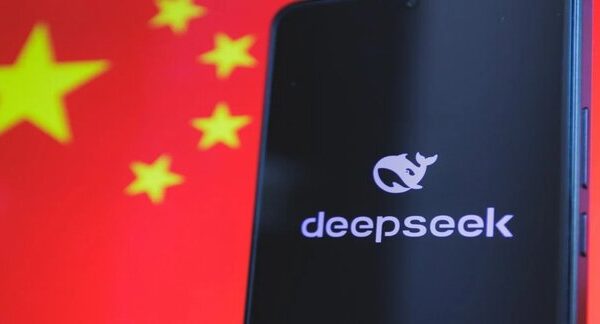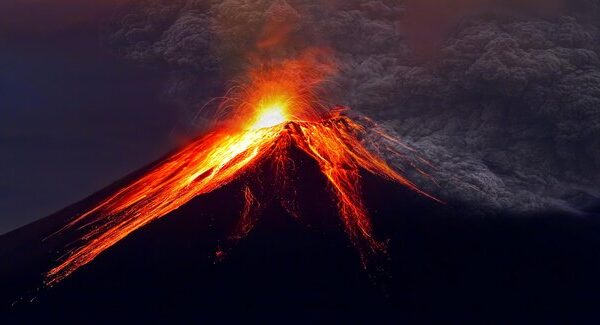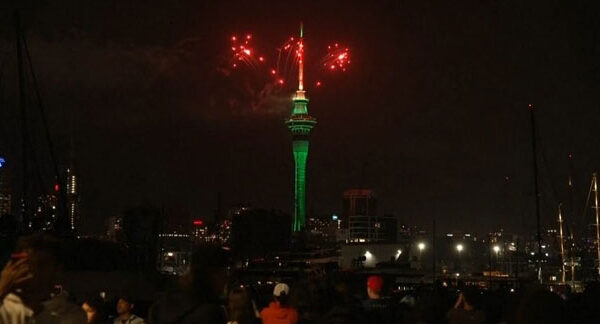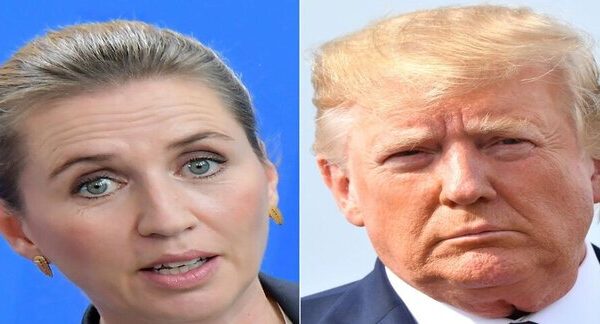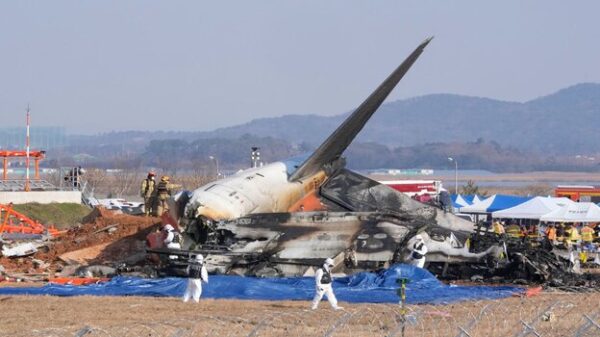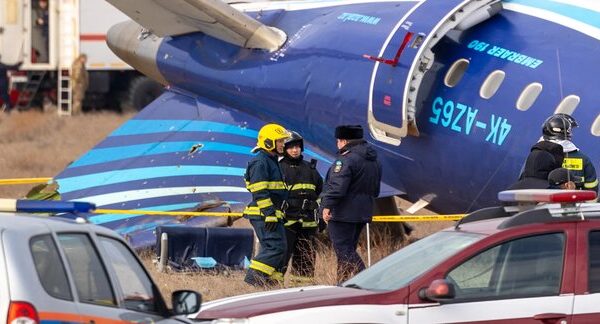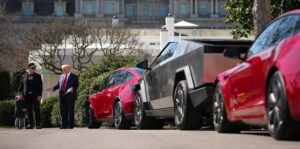Former Philippine President Rodrigo Duterte has been arrested in Manila following an International Criminal Court (ICC) warrant over his deadly war on drugs. The Duterte ICC arrest has sparked global attention, as his brutal crackdown from 2016 to 2022 led to thousands of deaths. But what exactly happened during his presidency, and why was he arrested? Let’s break it down.
Duterte ICC Arrest: How the Drug War Led to This Moment
Duterte built his reputation as a tough-on-crime leader during his 22-year rule as mayor of Davao City. Dubbed “The Punisher,” he vowed to eliminate criminals and drug dealers.
During his 2016 presidential campaign, Duterte warned:
“Forget human rights. If I make it to the presidential palace, I will do just what I did as mayor.”
He frequently boasted about ordering extrajudicial killings, even telling Reuters: “I say let’s kill five criminals every week.”
The Drug War’s Deadly Toll
Once in office, Duterte wasted no time implementing his drug war nationwide. Police reported more than 2,000 deaths in just six months. By the time his presidency ended in 2022, the official death toll had reached 6,248, according to Philippine authorities.
However, human rights groups argue the real number is much higher, with estimates exceeding 30,000 victims. Many were poor urban residents suspected of drug use or dealing, often killed in mysterious circumstances.
A United Nations report found that police fabricated evidence and executed suspects in house raids without warrants. In some cases, death certificates falsely listed natural causes, even when victims had gunshot wounds.
ICC Investigation and Duterte Arrest
In 2018, the ICC launched a preliminary investigation into Duterte’s drug war. Just a month later, Duterte announced the Philippines would withdraw from the ICC, a decision finalized in 2019.
Despite the withdrawal, the ICC retained jurisdiction over alleged crimes committed before 2019. In 2021, the court formally opened an investigation, which was briefly paused at the request of the Philippine government. But in 2023, the ICC resumed its probe, citing insufficient domestic efforts to hold perpetrators accountable.
Arrest and Reaction
On Tuesday, authorities arrested Duterte at Manila airport after he returned from Hong Kong. The 79-year-old questioned the charges, saying, “What crime have I committed?”
His former spokesperson, Salvador Panelo, called the arrest “unlawful,” arguing that the ICC has no authority since the Philippines is no longer a member.
However, human rights advocates hailed it as a historic moment. Peter Murphy, chairman of the International Coalition for Human Rights in the Philippines, said:
“The arc of the moral universe is long, but today, it has bent toward justice.”
What Happens Next?
Duterte’s arrest puts the current Philippine administration in a tough spot. President Ferdinand Marcos Jr. initially refused to cooperate with the ICC but later shifted his stance as tensions with the Duterte family grew.
His daughter, Sara Duterte, is currently the vice president and a potential 2028 presidential candidate. The political fallout from her father’s arrest could shape the country’s future.
While Duterte remains popular among many Filipinos, his drug war left a dark legacy. The ICC’s next steps will determine whether he stands trial in The Hague or remains in the Philippines.
What do you think about the Duterte ICC arrest? Is this justice served, or political maneuvering?

